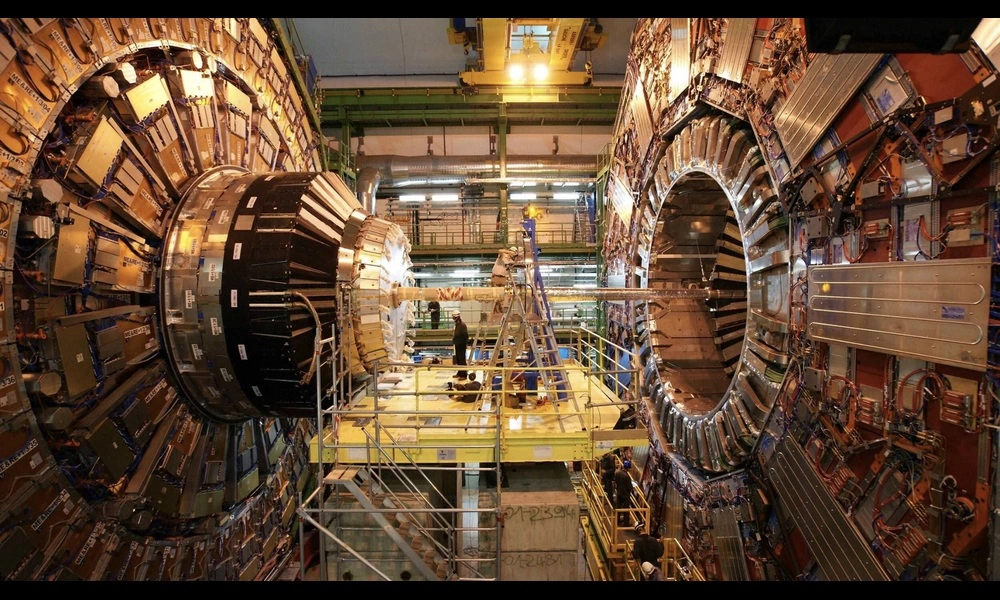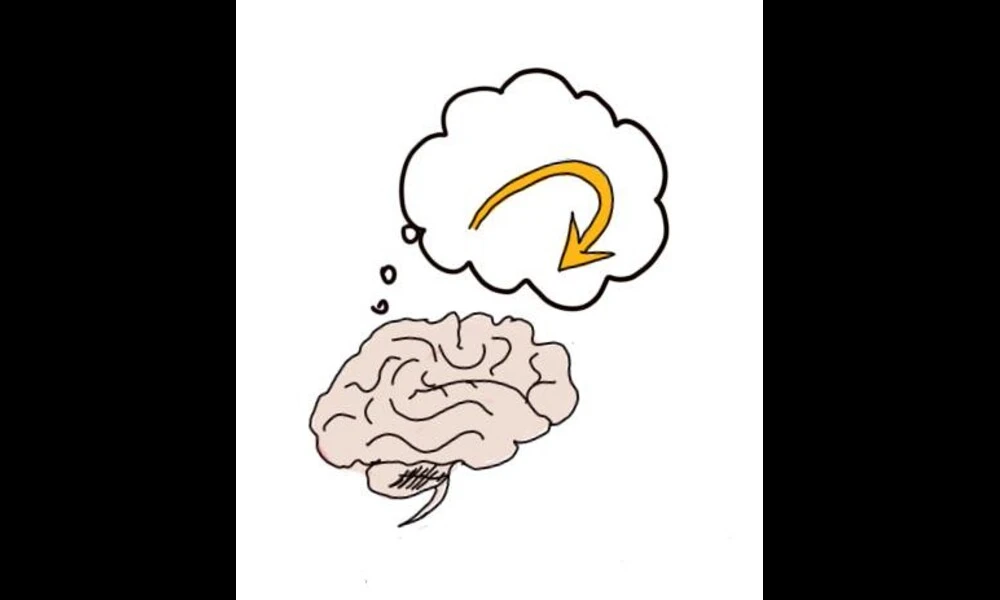How do Physics Majors Choose Specializations?
Published on Wed Jul 12 2023 Compact Muon Solenoid in the Large Hadron Collider | Chic Bee on Flickr
Compact Muon Solenoid in the Large Hadron Collider | Chic Bee on FlickrAre you a physics major pondering your future specialization? If you find yourself lacking interest in certain areas of physics, new research may shed some light on why that could be. A recent preprint paper titled "Analyzing Physics Majors' Specialization Low Interest Using Social Cognitive Career Theory" delves into the factors that influence physics students' low interest in certain subfields, offering valuable insights for both students and educators.
The study, conducted by researchers at a prominent university, utilized Social Cognitive Career Theory (SCCT) to investigate why some physics students have low interest in specific areas of study. SCCT proposes that a person's career interests are influenced by three main factors: their personal traits, environmental factors, and their own experiences in a particular field.
In this research, the scientists surveyed a group of undergraduate physics majors to gauge their interest levels in various physics specializations. They then analyzed the data alongside the students' personal traits, such as their self-efficacy in each subfield, their outcome expectations, and the environmental supports and barriers they encountered in their academic journey.
The findings of the study revealed that self-efficacy, which refers to an individual's belief in their ability to succeed in a specific domain, played a crucial role in shaping students' interest in certain physics specializations. Students who believed in their own competence in a particular subfield showed higher interest levels compared to those who had lower self-efficacy.
Furthermore, the researchers highlighted the impact of environmental factors on students' interest. They observed that a lack of supportive environments, such as limited access to mentors or research experiences, could contribute to lower interest levels in certain subfields. On the other hand, students who had positive experiences or role models in specific areas of physics exhibited greater interest in those fields.
The significance of this study lies in its implications for both physics majors and educators. By understanding the factors that influence low interest in specific subfields, students can make more informed choices about their future specializations, ultimately cultivating a deeper passion for their chosen area of study. Additionally, educators can use these findings to design interventions and create supportive environments that enhance students' interest in all subfields of physics.
So, if you're a physics major feeling uninspired or unsure about your future path within the field, take heart in the fact that there's science behind your lack of interest. This research offers valuable insights and tools to help you navigate your academic journey with confidence and make informed decisions about your specialization.



